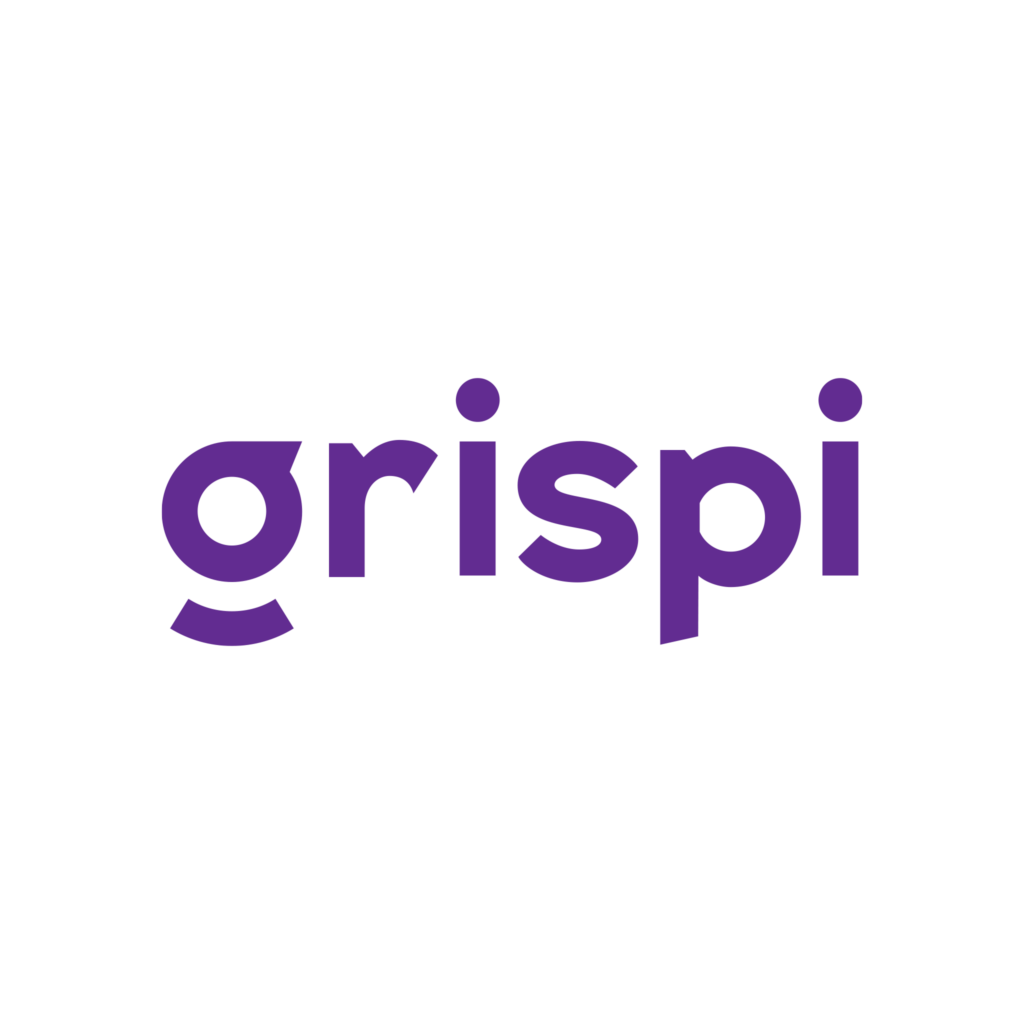How Can You Use Chatbots in Your Business in 2025?
- April 18, 2025
In 2025, businesses across the globe are under immense pressure to do more with less—less time, less cost, and fewer human resources. Amid rising customer expectations and the accelerating pace of digital transformation, chatbots have emerged as essential tools for business success. But how can your company truly leverage chatbots to drive growth, efficiency, and customer satisfaction in 2025?
This guide explores everything you need to know—from what a chatbot is to how advanced AI tools like Vivollo are changing the game.
What is a Chatbot?
A chatbot is a software application designed to simulate human conversation. Chatbots can communicate with users through messaging platforms, websites, mobile apps, or even voice assistants. By using either pre-set rules or artificial intelligence, chatbots can understand user input and provide relevant responses in real-time.
Modern chatbots can do much more than just answer frequently asked questions. They can collect data, guide users through complex processes, and even execute transactions, making them valuable assets across various business functions.

Where Can You Use Chatbots?
Chatbots are incredibly versatile and can be integrated across nearly every digital touchpoint your business has. Common use cases include:
- Websites: Assist visitors in real-time, recommend products, and convert leads.
- Mobile Apps: Enhance in-app engagement and support.
- Social Media Platforms: Automate responses on Instagram, Facebook Messenger, or WhatsApp.
- E-commerce Platforms: Handle order tracking, FAQs, and returns.
- Internal Operations: Support HR, IT, and operations with automated responses and workflows.
Are you looking for a live chat tool for customer support? Check this article.
How Do Chatbots Work?
Chatbots operate through a combination of technologies such as natural language processing (NLP), machine learning, and workflow automation. Depending on the use case and business need, chatbots can follow different models:
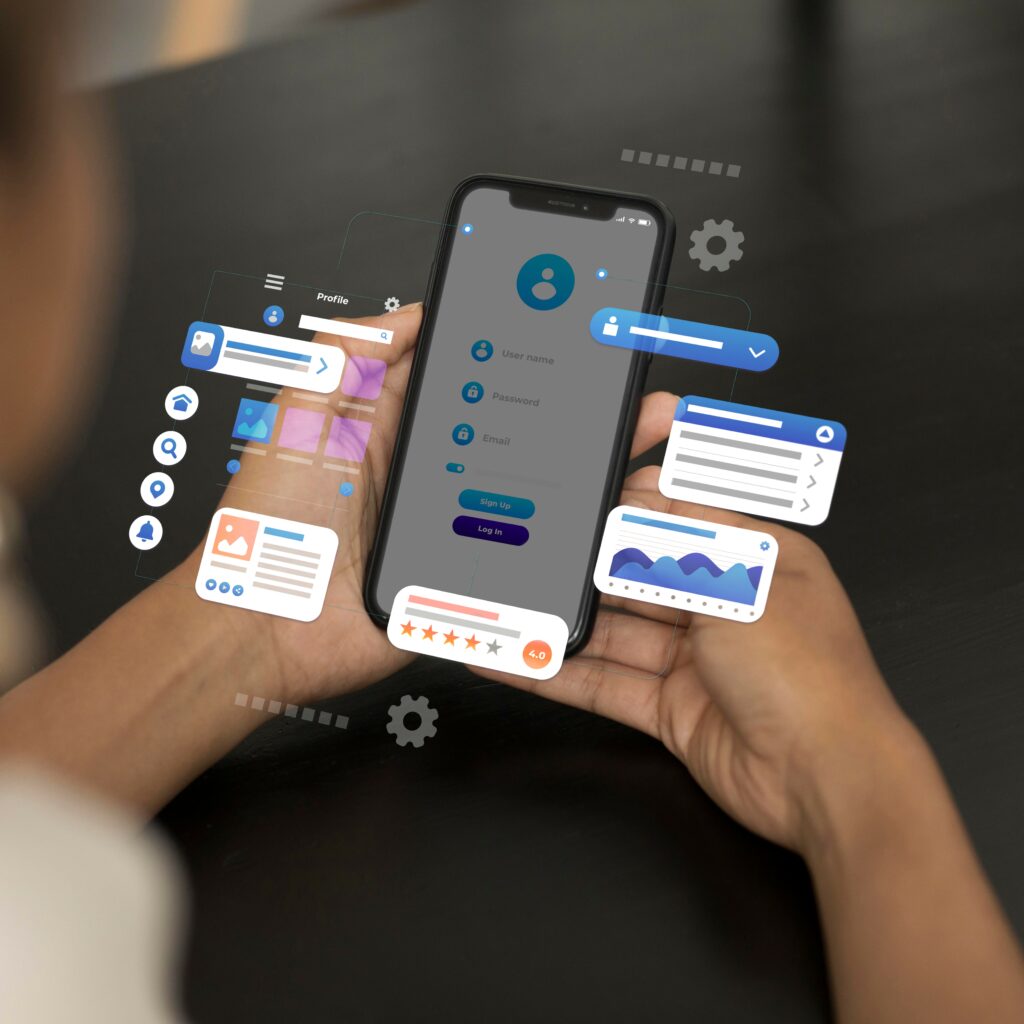
Rule-Based Chatbots
Rule-based chatbots operate based on predefined logic. These bots follow decision trees to deliver responses based on specific keywords or button selections. They are easy to set up and ideal for simple tasks like booking appointments or answering FAQs.
Pros:
- Fast setup
- Predictable responses
- High control over flow
Cons:
- Limited flexibility
- Cannot handle open-ended questions well
AI Chatbots
AI-powered chatbots are significantly more advanced. They use natural language understanding (NLU), machine learning, and contextual data to understand and respond to complex queries. These bots learn from every interaction and improve over time.
Vivollo: Easy to Use AI Agent for Your Business
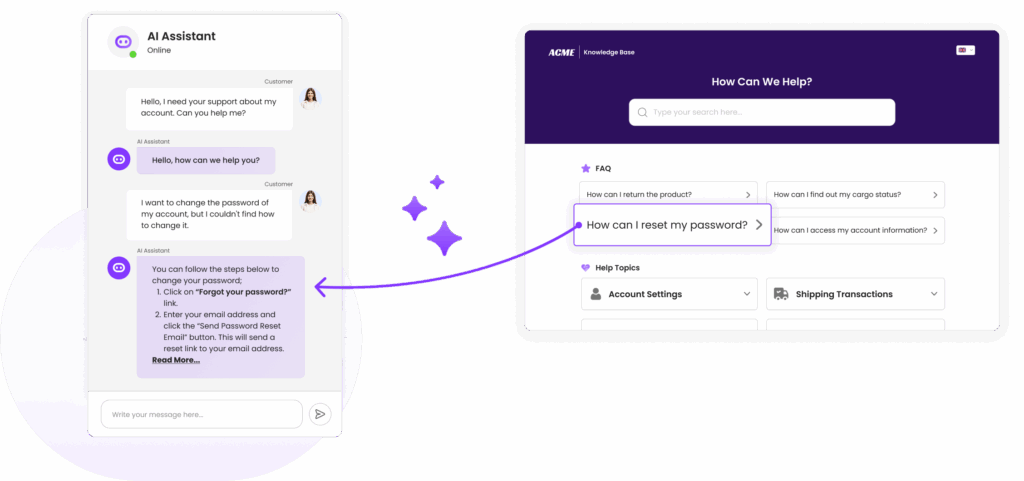
One of the most user-friendly AI chatbot solutions in 2025 is Vivollo. Designed specifically for businesses, Vivollo combines rule-based workflows with powerful AI capabilities, allowing teams to create smart, conversational experiences without needing to write code.
Key features of Vivollo include:
- Visual Flow Builder: Design custom conversations effortlessly
- Hybrid Capabilities: Combine structured flows with AI-generated replies
- Omnichannel Support: Deploy bots across websites, WhatsApp, Instagram, and more
- Custom AI Assistants: Tailor each chatbot to your business’s unique knowledge base
- Token-based Pricing: Pay based on actual AI usage, offering scalability
Whether you’re a startup or an enterprise, Vivollo provides a low-barrier way to integrate AI into your customer journey—boosting efficiency while delivering a human-like experience.
Discover Vivollo: The AI agent platform built for outstanding customer experiences.
Hybrid Chatbots
Hybrid chatbots bring together the best of both worlds: rule-based logic for structured processes and AI-driven understanding for dynamic conversations. This approach is ideal for businesses looking to balance control with flexibility. A hybrid model ensures that simple queries are resolved instantly while complex interactions are handled intelligently.
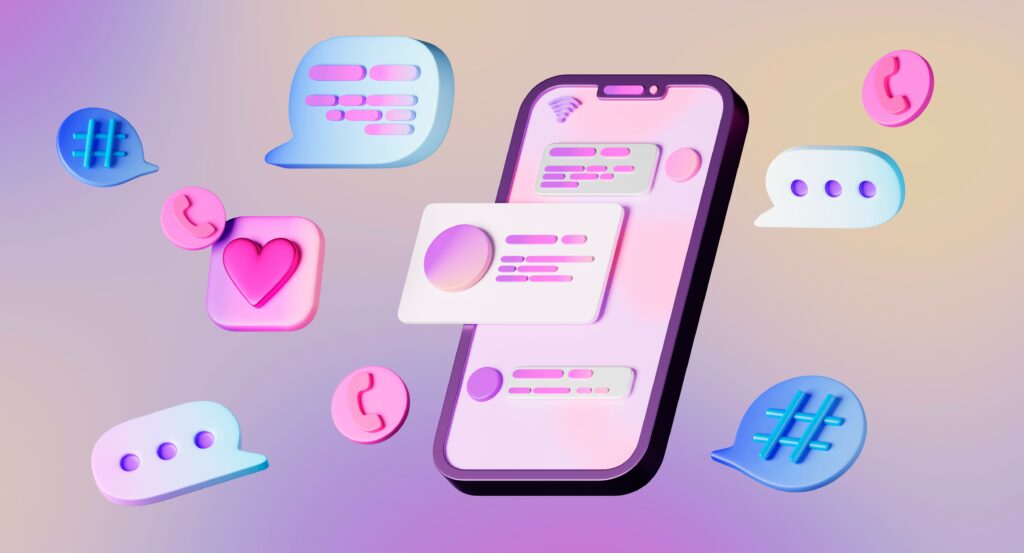
Why Do Businesses Need Chatbots in 2025?
As we move further into the digital era, chatbots are no longer a luxury—they are a necessity. Here’s why businesses of all sizes are adopting chatbot technology:
- 24/7 Availability: Chatbots never sleep. They provide around-the-clock service, improving customer satisfaction and engagement.
- Cost Efficiency: By automating routine queries and workflows, companies reduce reliance on large support teams, saving on labor costs.
- Scalability: Chatbots can handle thousands of conversations simultaneously—something impossible with human agents.
- Data Collection: Bots gather valuable insights from every interaction, helping businesses understand customer behavior and preferences.
- Omnichannel Experience: A well-designed chatbot can create seamless interactions across multiple platforms, unifying the customer experience.
In a competitive business environment, failing to implement chatbot technology could mean falling behind in both customer service and operational efficiency.
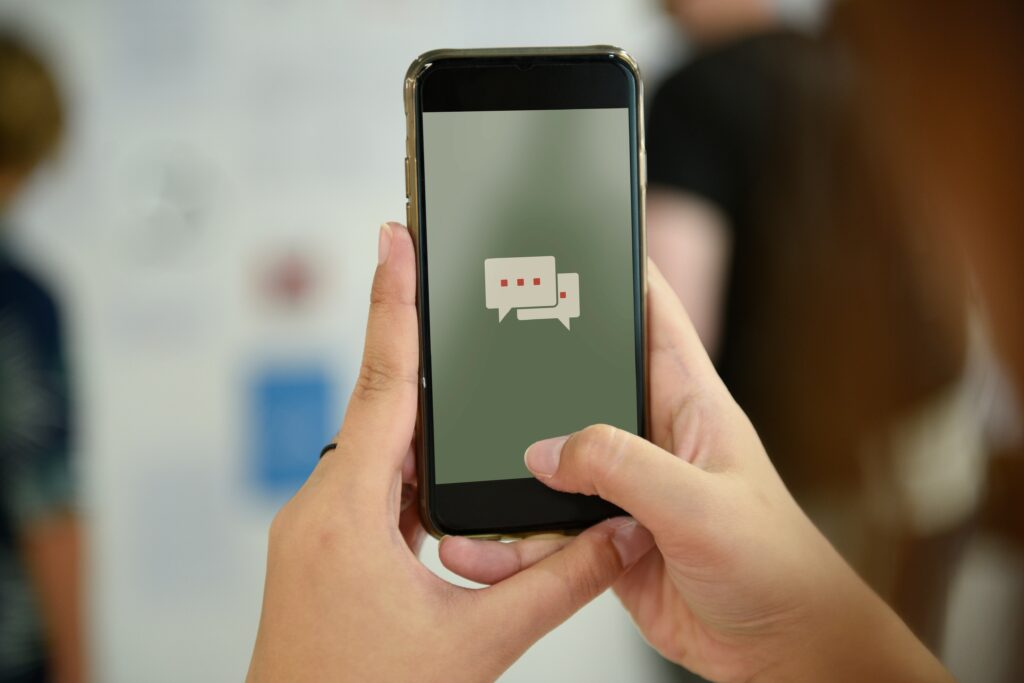
Chatbot Use Cases
Chatbots in Customer Support
Customer support is the most common area where chatbots shine. They instantly resolve queries, escalate issues to human agents when needed, and reduce wait times dramatically. Businesses can integrate support bots into their help centers, apps, or messaging channels to provide personalized, consistent service.
Chatbots in Marketing
Chatbots can segment audiences, send personalized messages, and guide users through the marketing funnel. For example, a chatbot can promote an offer, collect lead information, and send follow-up messages—all without human involvement.
Chatbots in Sales
Sales bots engage website visitors, qualify leads, and even schedule meetings with sales reps. By handling the initial stages of the sales process, chatbots free up time for your team to focus on high-value opportunities.

Chatbots in E-commerce and Retail
In retail, chatbots enhance the shopping experience by recommending products, managing inventory-related inquiries, and assisting with checkout. They can also handle returns and refunds, making post-purchase support smoother and faster.
As 2025 continues to redefine how businesses interact with customers, chatbots will play a central role in shaping digital customer experiences. Whether you’re using a simple rule-based assistant or deploying an advanced AI tool like Vivollo, chatbots can unlock efficiency, boost satisfaction, and drive measurable growth. The question is no longer should you use a chatbot—but how soon can you integrate one into your business strategy?
If you’re ready to future-proof your customer communication, now is the time to explore chatbot solutions and build the automated workflows your business deserves.
Contact Us
Fill out the form for detailed information and demo account, let us call you.
